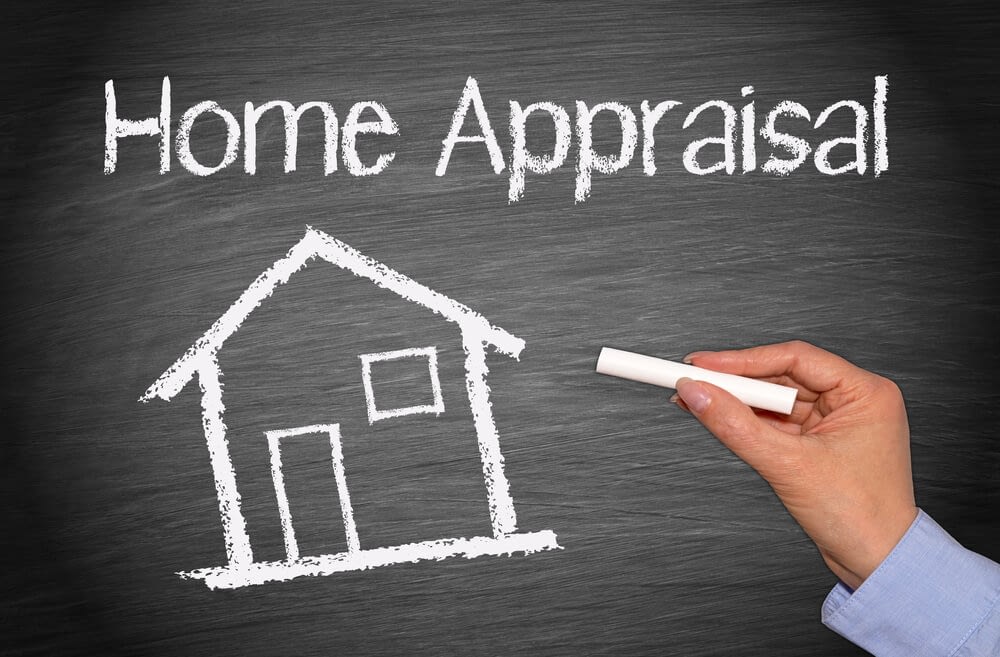
What is Escrow When Buying a Home?
What is escrow for homebuyers? It includes opening an escrow account, getting the appraisal report, attending closing, and more.
Buyers that are approaching the purchase of a new home are likely wondering “what is escrow?”
Buyers should understand what the escrow process will look like and the different steps it will take to make it to closing to help them best prepare for their real estate transactions.
When you work with a top agent, your agent will walk you through each phase of the escrow process as it applies to your purchase. However, buyers that have an overview of the escrow process will be better prepared to strategize alongside their agents.
Here is more information about what is escrow as it applies to homebuyers.
What is Escrow?
When a buyer and seller come to an agreement on the purchasing terms of a home, an escrow account is opened to securely hold any funds and documents until all terms of the agreement have been met at closing.
The escrow account is overseen by a third party who temporarily holds the funds and sensitive documents until all of the purchasing terms have been fulfilled.
Any deposits made by the buyer will be held in the escrow account until closing when they are transferred to the appropriate parties. In case the deal falls through on part of the seller, the buyer will receive their funds back accordingly.
Escrow protects the interests of both buyers and sellers by ensuring that their investments are safeguarded and transparently managed.
The Escrow Process for Buyers
For home buyers, escrow refers to the processes that take place after the seller has accepted a buyer’s offer up until closing.
Ready to learn what is escrow? These are the steps of the escrow process that buyers will move through after their offer is accepted up until they receive the keys for their new homes.
#1. Open the Escrow Account
The first step of the escrow process is opening the escrow account for your transaction.
After the buyer and seller sign a contract outlining the preliminary agreements for the sale, the transaction’s escrow agent will deposit any funds into an escrow account. The escrow company that will handle the escrow will be outlined in the purchasing agreement.
Throughout the deal, any funds or signed documents related to the transaction will be held in the escrow account.
#2. Conduct Appraisals and Inspections

Appraisal
If you are financing your home purchase with a mortgage loan, the lender will issue a property appraisal to officially determine the current value of the property you’re interested in buying.
The lender will hire a professional appraiser to create the appraisal report to make sure that the lender is not funding more than the home is actually worth.
If the appraisal report determines that the value of the home does not match the amount offered by buyers, the lender and buyer may decide to back out of the deal or adjust the offer. The other options available to buyers are to negotiate a lower home sale price, increase the down payment amount, or request an appraisal rebuttal.
Inspections
After the appraisal, buyers need to conduct home inspections to get a clear picture of the condition of the property and its major systems. A certified home inspector will provide you with an overview of the home’s condition and inform you of any property issues.
Based on the results of the inspection, buyers can decide to conduct further inspections to learn more about potential issues, request that the seller makes repairs before closing, or back out of the deal.
#3. Prepare for the Title Transfer
To prepare for the title transfer, buyers will need to request a title report and take out a title insurance policy. Title insurance and a title report are required by lenders that fund home purchases.
The title report will determine if there are any unpaid liens or issues with the home’s title that need to be resolved before closing. Title insurance will protect buyers as they move forward with the escrow process.
#4. Attend the Final Walkthrough
Right before the closing meeting, the buyer will attend a final walkthrough to ensure that all terms of sale have been met accordingly.
The walkthrough gives buyers the chance to hold sellers responsible in case they did not meet the proper terms before the title is transferred at closing. However, the final walkthrough is not an opportunity to request new terms that have not been agreed upon before.
#5. Close the Escrow
At the closing meeting, the escrow process comes to an end. Buyers will sign the final paperwork, submit their down payments and other transaction fees, and become the official owner of the home.
At this point, you’ve finished the escrow process. Congratulations on your new home!
To get connected with your perfect agent that will walk you through the escrow process, work with RealEstateAgents.com. For more home buying insights and tips, click here to browse through more articles.






